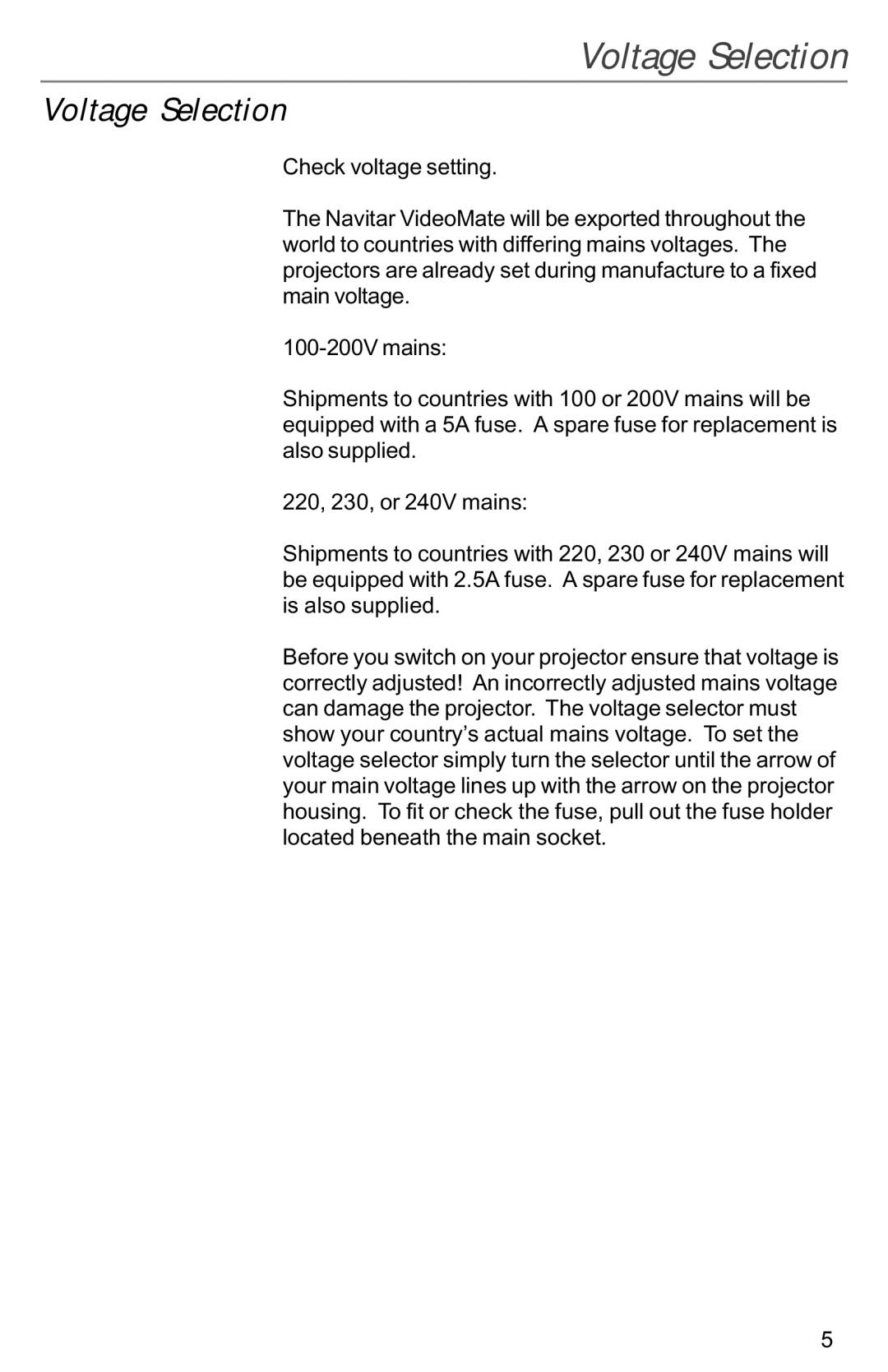VIDEOMATE 2030P, VIDEOMATE 2030 specifications
The Kodak VIDEOMATE 2030 and VIDEOMATE 2030P are compact and innovative video capture solutions that emerged in the early 2000s, catering to both casual users and professionals alike who were looking for dependable video performance. Featuring advanced technology for their time, these devices provided a unique blend of functionality, ease of use, and quality.The VIDEOMATE 2030 series was designed with a user-friendly interface, making it accessible for all levels of users. Whether for home video projects or more detailed video productions, the camera delivered impressive performance. One of the standout features was its ability to capture video at a resolution that ensured clarity and detail, contributing to high-quality outputs even in varying lighting situations.
Both models incorporated built-in video editing functionalities, allowing users to enhance their videos without the need for additional software. This made them particularly appealing for home users who preferred an all-in-one solution. The editing features ranged from basic cuts and transitions to more elaborate effects, proving to be a significant asset for those looking to add a creative touch to their videos.
In terms of connectivity, the VIDEOMATE 2030 and 2030P boasted versatile options such as USB ports for easy transfer of video files to computers or other devices. This connectivity was essential in an era when digital sharing was on the rise, enabling users to share their videos on social media platforms or burn them onto DVDs with relative ease.
The devices were powered by advanced compression technologies that allowed for longer recording times without sacrificing video quality. Users could capture extended events, like family gatherings or vacations, without the constant worry of running out of storage space.
The build of the VIDEOMATE 2030 and 2030P was compact and lightweight, ideal for portability. Users appreciated the ergonomic design, which allowed for comfortable handling during extended use. Additionally, the models featured intuitive controls and a digital LCD display for easy navigation.
In conclusion, the Kodak VIDEOMATE 2030 and 2030P stand out as pioneering products in the realm of video capture technology. Their combination of ease of use, editing capabilities, and solid video performance made them a popular choice among video enthusiasts at the time. They not only facilitated the recording and sharing of cherished memories but also laid the groundwork for future innovations in personal video technology.
